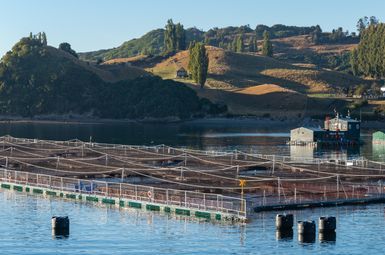
Humanity can farm more food from the seas to help feed the planet while shrinking mariculture’s negative impacts on biodiversity, according to new research led by the University of Michigan.

Climate change is real. It is here. And it is influenced and accelerated by human activity, posing an ongoing crisis for natural ecosystems and communities worldwide. Researchers at the University of Michigan are continually seeking to better understand the inputs and predict the outputs of climate change, with a goal of better informing effective responses to its impacts. Through a multidisciplinary approach, U-M experts are building frameworks that produce local and short-term frameworks that can be applied in an array of different ecosystems worldwide, and in a way that is accessible to policy and business leaders as well as the general public.

Humanity can farm more food from the seas to help feed the planet while shrinking mariculture’s negative impacts on biodiversity, according to new research led by the University of Michigan.

Research from the University of Michigan reveals a connection between pollen exposure and death rates among older adults with breathing problems.

Research led by the University of Michigan arrived at a surprisingly unsurprising result while assessing the sustainability gap between public transit and services like Uber and Lyft.
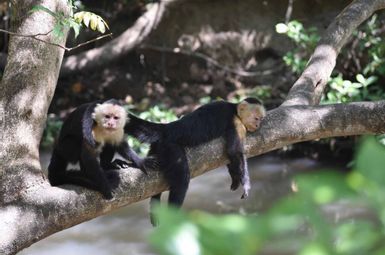
Researchers from the University of Michigan measured hormone levels in capuchin monkeys to decode how the stress response helps these monkeys weather environmental challenges.
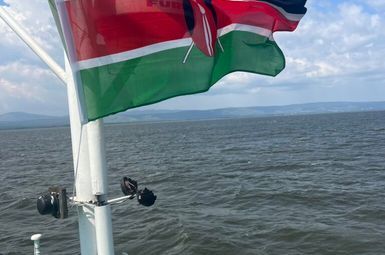
To try to understand how harmful algal blooms might evolve in Lake Erie in a warming climate, University of Michigan scientists helped conduct a survey of cyanobacteria in a gulf of Kenya’s Lake Victoria.
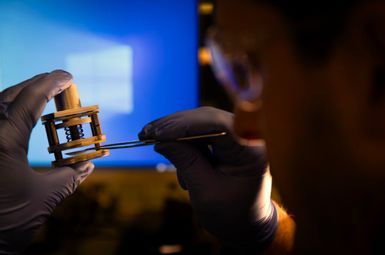
Water desalination plants could replace expensive chemicals with new carbon cloth electrodes that remove boron from seawater, an important step of turning seawater into safe drinking water.
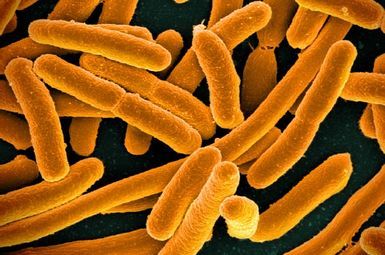
Research led by the University of Michigan shows that communities of color in Texas face pronounced risks of E. coli exposure in nearby waters after intense rain.

Community program and policy interventions aimed at reducing screen time are less successful in neighborhoods that lack green space
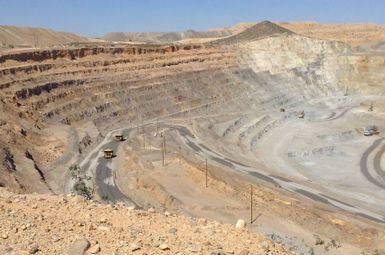
To combat climate change, the world needs to pivot away from fossil fuels. But building battery electric vehicles and infrastructure for renewable energy will require enormous amounts of minerals and resources.
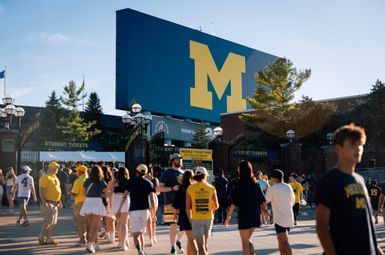
According to a new report from the Center for Sustainable Systems, the Big Ten’s 2024 expansion will more than double the average conference game emissions for the University of Michigan football team.
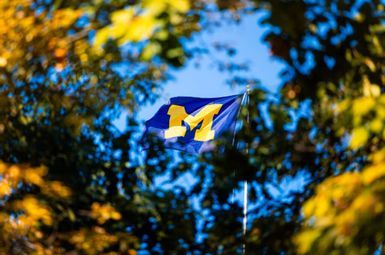
The Mellon Foundation has awarded nearly $4 million in a first-of-its kind grant to bolster the University of Michigan’s leading work in environmental justice.

Morning glory plants that can resist the effects of glyphosate also resist damage from herbivorous insects, according to a University of Michigan study.
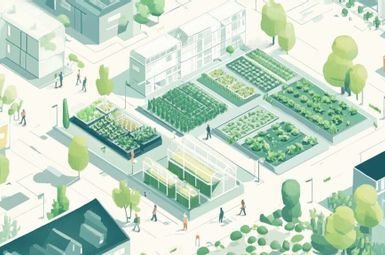
Built on the expertise and experiences of urban agriculturalists, along with research from the University of Michigan, a new policy brief urges Congress to fully fund the Office of Urban Agriculture.
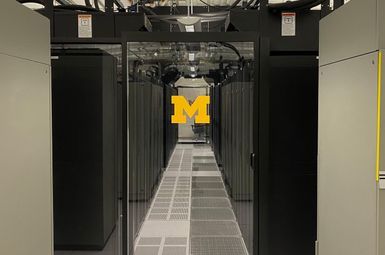
Smarter use of processor speeds saves energy without compromising training speed and performance
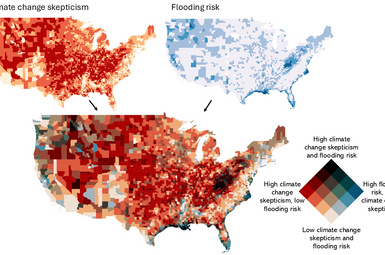
In certain parts of the U.S., the ability of residents to prepare for and respond to flooding is being undercut on three different levels.
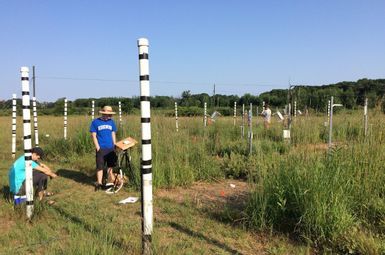
In a new long-term ecological experiment, researchers showed that elevated levels of carbon dioxide nearly tripled species losses in grasslands attributed to the long-term application of simulated nitrogen pollution.
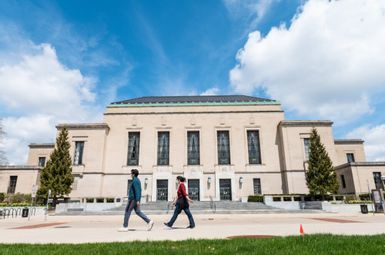
This year’s survey will focus on critical topics including carbon neutrality, transportation, waste prevention, climate change, and food sustainability. New questions on climate anxiety will explore respondents' feelings about climate issues and their experiences with direct impacts.
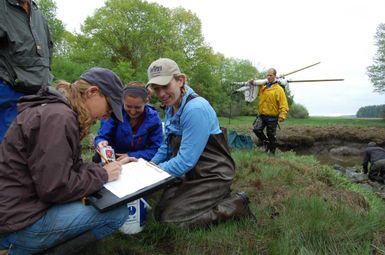
U-M has received a $25 million grant from the National Oceanic and Atmospheric Administration to support collaborative research initiatives addressing critical environmental challenges in U.S. coastal communities.
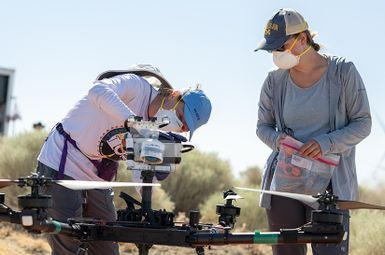
While ticks and the maladies associated with these minute vampirish insects get a lot of media attention, lurking in the not-too-distant shadows we find several other and potentially more ominous vectors of disease—the fungal pathogens.
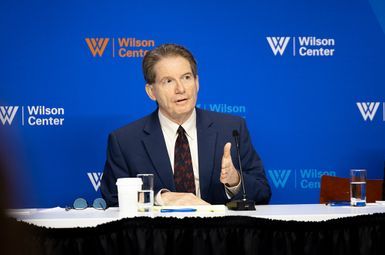
Despite ongoing geopolitical tensions, the United States and China have the opportunity to collaborate on reducing methane emissions, a critical greenhouse gas significantly contributing to about 30 percent of global warming.
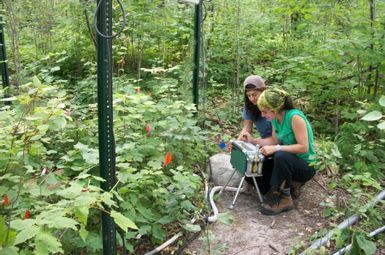
The soils of northern forests are key reservoirs that help keep the carbon dioxide that trees inhale and use for photosynthesis from making it back into the atmosphere. But a unique experiment is showing that, on a warming planet, more carbon is escaping the soil than is being added by plants.
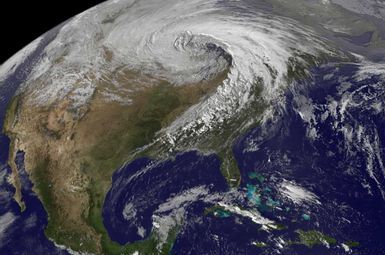
Anyone who’s spent their winter months around the Great Lakes has probably had the uncanny experience of living through three seasons in a single weekend. According to new research from U-M, these wild weather swings are poised to become even more common in the future.
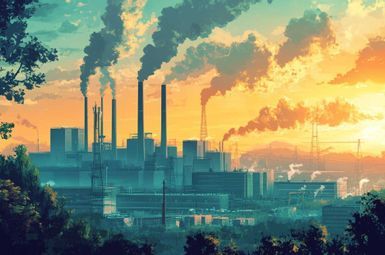
For carbon capture and utilization (CCU), public support depends on which aspect of the technology is being considered and which people are considering it, according to a new study conducted by researchers from University of Michigan and other institutions.
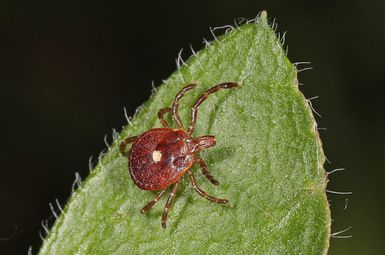
Nanoparticles delivered intravenously in mice can block the allergic reactions to red meat caused by the bite of the lone star tick, new research led by U-M shows. The condition, called alpha-gal syndrome, is on the rise in humans as climate change and other factors have led the ticks to expand their habitat.
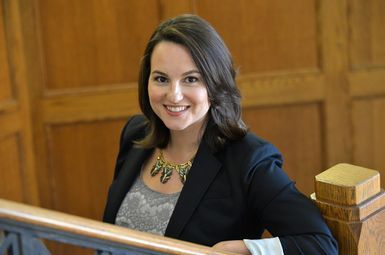
As climate-induced migration increases in the U.S. and elsewhere around the world, what are the potential policies to help communities adapt and support residents? In a new Core Conversations podcast, Kaitlin Raimi explores how Americans view climate migrants, how policies could become a crucial factor influencing climate migration, and what the broader impacts of migration may mean for American society and the economy.

People find it hard to resist negative messages. A recent U-M study reveals that recipients are more likely to engage with emails containing negative sentiment sent by the Environmental Defense Fund, a U.S. based nonprofit organization. Specifically, emails with a negative tone were more frequently opened, and recipients were more likely to click on links within these emails, compared to those with a positive tone.
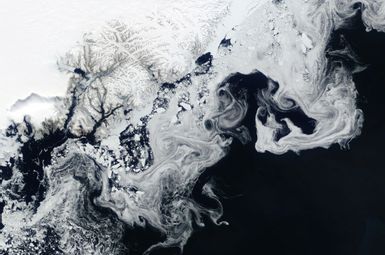
As sea ice disappears and grows less reflective, the Arctic has lost around a quarter of its cooling power since 1980, and the world has lost up to 15%, according to new research led by U-M scientists.
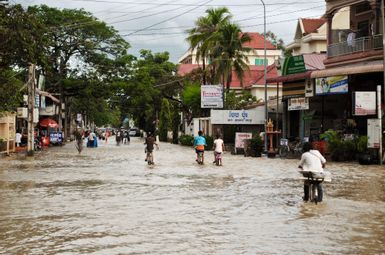
A recent University of Michigan study exposes a gap in sociology: a lack of focus on climate change. Societies fuel and face the consequences of this crisis, but sociology as a discipline appears insufficiently engaged with the issue, says Sofia Hiltner, U-M doctoral candidate in sociology.
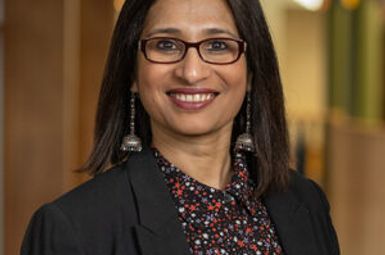
“Clarity on vulnerable subgroups more susceptible to heat-related deaths will enable policymakers to design effective intervention strategies targeted to these subgroups. Downstream, this will ensure greater climate action equity.”
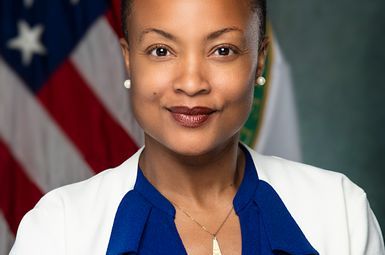
Currently the director of the Office of Energy Justice and Equity and the secretarial adviser on equity at the U.S. Department of Energy, and formerly the department’s chief diversity officer, Baker will advance sustainability education and research across U-M schools and colleges.
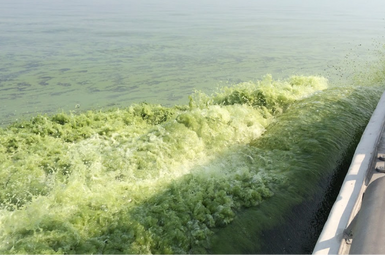
Great Lakes researchers at U-M have been awarded a $6.5 million, five-year federal grant to host a center for the study of links between climate change, harmful algal blooms and human health. Increased precipitation, more powerful storms and warming Great Lakes waters all encourage the proliferation of harmful algal blooms composed of cyanobacteria.
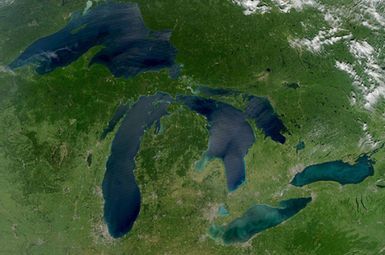
The U.S. National Science Foundation has awarded a three-year, $614,000 grant to U-M and its international partners to create a new research initiative that will address the socioeconomic vulnerabilities of climate migrants in the Lake Victoria Basin (LVB) and Great Lakes Region (GLR).
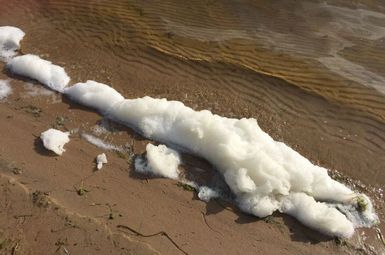
Three new U-M sustainability catalyst grants will support novel research projects to address vexing environmental challenges. “Catching the Waves” focuses on deploying wave energy converters to power remote coastal communities, starting with Beaver Island in Lake Michigan. “Mussel Roads” uses biomimicry to enhance asphalt durability by developing materials inspired by mussel-binding proteins. “Plast-ick,” leverages artificial intelligence and satellite data to predict pollutants like PFAS in water bodies.
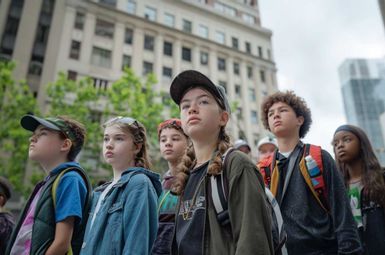
Nearly half of the young people surveyed on disaster preparedness indicated they felt unprepared for any type of disaster event during a period when catastrophic climate disasters are becoming increasingly frequent, says a U-M researcher.
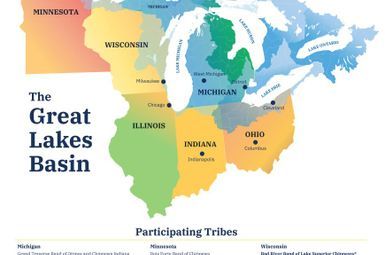
“Given that we sit in the heart of the Great Lakes and 21% of the world’s fresh surface water, we wanted to explore the region’s plans to identify the highest-impact, most innovative and scalable multi-state opportunities. We looked for what was working, to inform ways to accelerate community-based climate action."
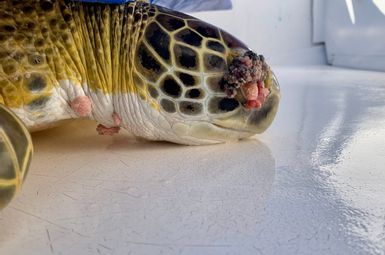
As the world faces the loss of a staggering number of species of animals and plants to endangerment and extinction, one U-M scientist has an urgent message: Chemists and pharmacists should be key players in species conservation efforts.
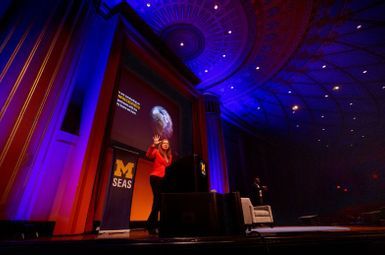
One of the most important things people can do to address climate change is talk about it, climate scientist Katharine Hayhoe said. Citing statistics that two-thirds of people in the United States are worried about climate change, but only 8% are activated to do something about it, Hayhoe said talking about climate change doesn’t mean trying to change the minds of those who believe it is a hoax.
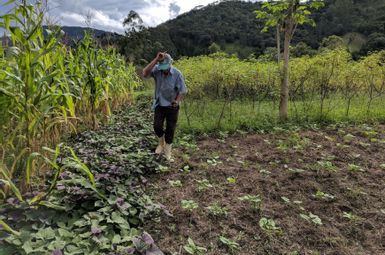
A new study published online April 4 in the journal Science finds that agricultural diversification comes with significant benefits, and very few negative effects.
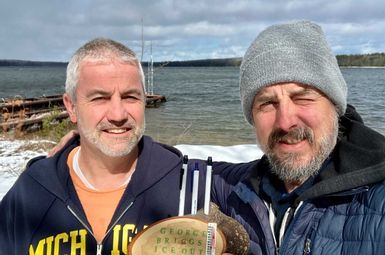
The ice-out, declared on March 16 this year, comes after the latest-recorded Douglas Lake “ice-in” occurred on Jan. 6—making this the shortest season of lake ice cover recorded at the U-M Biological Station, at 70 days. For 93 years, scientists at the Biological Station, the 10,000-acre research and teaching campus nestled along Douglas Lake near Pellston in the northern Lower Peninsula, have made the calls based on their observations of the lake.

Pollen allergies affect nearly one third of the global population, and climate change is set to make it worse. Rackham student Yingxiao Zhang is developing a better way to forecast allergy season to help people better navigate its headaches.
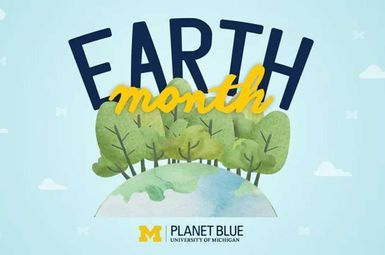
U-M is marking late March and all of April with a series of events focused on sustainability and climate action, continuing a tradition that began with the first “Teach-In on the Environment” in 1970—which grew into what is now known as Earth Day.
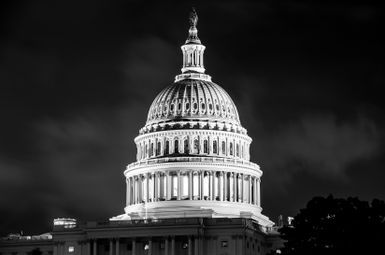
“I think we’ve become more and more aware of that as a problem, and it’s tearing down Americans’ trust of their own country and their government, because they feel like the game is rigged. And if we want to try to restore some trust in the system, we need to unrig it."

"Train travel in America is much more limited than, for example, in Europe. You often can’t get where you want to go. But you can get to Lincoln from Ann Arbor, with just one change in Chicago. What’s the carbon savings? A flight to Lincoln would add about 800 kg of CO2 emissions to my annual budget. The train trip is more like 85 kg. Takes more time, for sure, but that’s a big part of why emissions from train travel are so much lower."
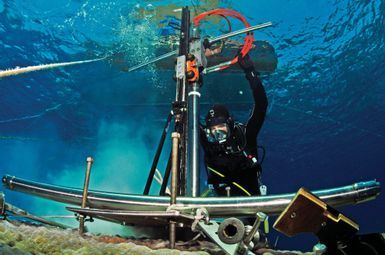
When climate scientists look to the future to determine what the effects of climate change may be, they use computer models to simulate potential outcomes such as how precipitation will change in a warming world. But U-M scientists are looking at something a little more tangible: coral.
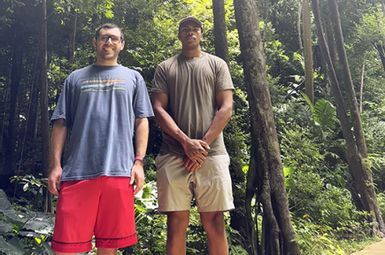
The global challenges posed by climate change are widespread, impacting various aspects of human life, with water resources at the forefront of these challenges. As climate change advances, it is projected to exacerbate water scarcity and access issues, given the intensification of water-related hazards (such as hurricanes and flooding) and rising temperatures that will lead to sea-level rise and saltwater intrusion.